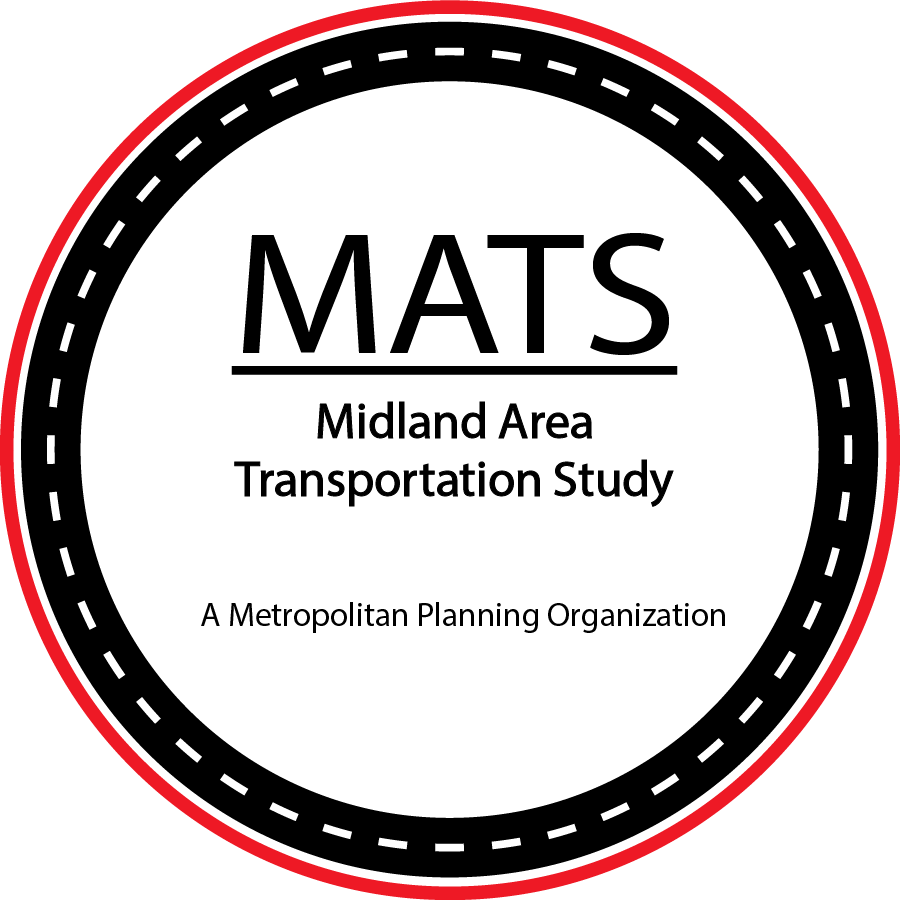Data and Process - Independent & Objective
Transportation Asset Management is a strategic and systematic process of operating, maintaining, upgrading, and expanding physical assets effectively throughout their lifecycle. It focuses on business and engineering practices for resource allocation and utilization, with the objective of better decision making based upon quality information and well defined objectives.
The Michigan Transportation Asset Management Council has selected the PASER rating system as the statewide standard of pavement condition reporting.
The Transportation Asset Management Council requested that the information gathered in the federal aid road surveys be reported using the categories of GOOD, FAIR, and POOR. The following graphics illustrate this for the years 2014-2021.
Pavement Surface Evaluation and Rating (PASER)
The PASER scale is a 1-10 rating system for road pavement condition developed by the University of Wisconsin-Madison Transportation Information Center. PASER uses visual inspection to evaluate pavement surface conditions. When assessed correctly, PASER ratings provide a basis for comparing the quality of roadway segments. The PASER assessment method does not require measurements of individual distresses, and thus PASER ratings cannot be disaggregated into measurements of specific distress types. The advantage to this method is that roads may be assessed quickly, possibly even by "windshield survey." A primary disadvantage is that because PASER ratings cannot be disaggregated into component distress data, the metric cannot be used in mechanistic-empirical transportation asset management programs.
Numerical PASER ratings are translatable to condition categories and prescribed treatment options, as shown below.
Graphic courtesy Barry County Road Commission https://www.barrycrc.org/what-do-we-do/engineering/paser/
The Barry County Road Commission, on their website, states the following:
Roads with PASER ratings of 8 – 10 require Routine Maintenance. Routine maintenance is the day-to-day maintenance activities that are scheduled, such as street sweeping, drainage clearing, shoulder gravel grading, and sealing cracks to prevent standing water and water penetration.
Roads with PASER ratings of 5 – 7 require Capital Preventive Maintenance. Capital preventive maintenance is a planned set of cost effective treatments to an existing roadway system and its appurtenances that preserves, retards future deterioration and maintains or improves the functional condition of the system without significantly increasing structural capacity. The purpose of capital preventive maintenance fixes is to protect the pavement structures, slow the rate of pavement deterioration and/or correct pavement surface deficiencies. Surface treatments are targeted at pavement surface defects primarily caused by the environment and by pavement material deficiencies.
Roads with PASER ratings of 1- 4 require Structural Improvements. This category includes work identified as rehabilitation and reconstruction which address the structural integrity of a road.
Want to know more?
You may be interested in this report from MDOT and the Center for Automotive Research that goes into the reasoning behind this approach.



